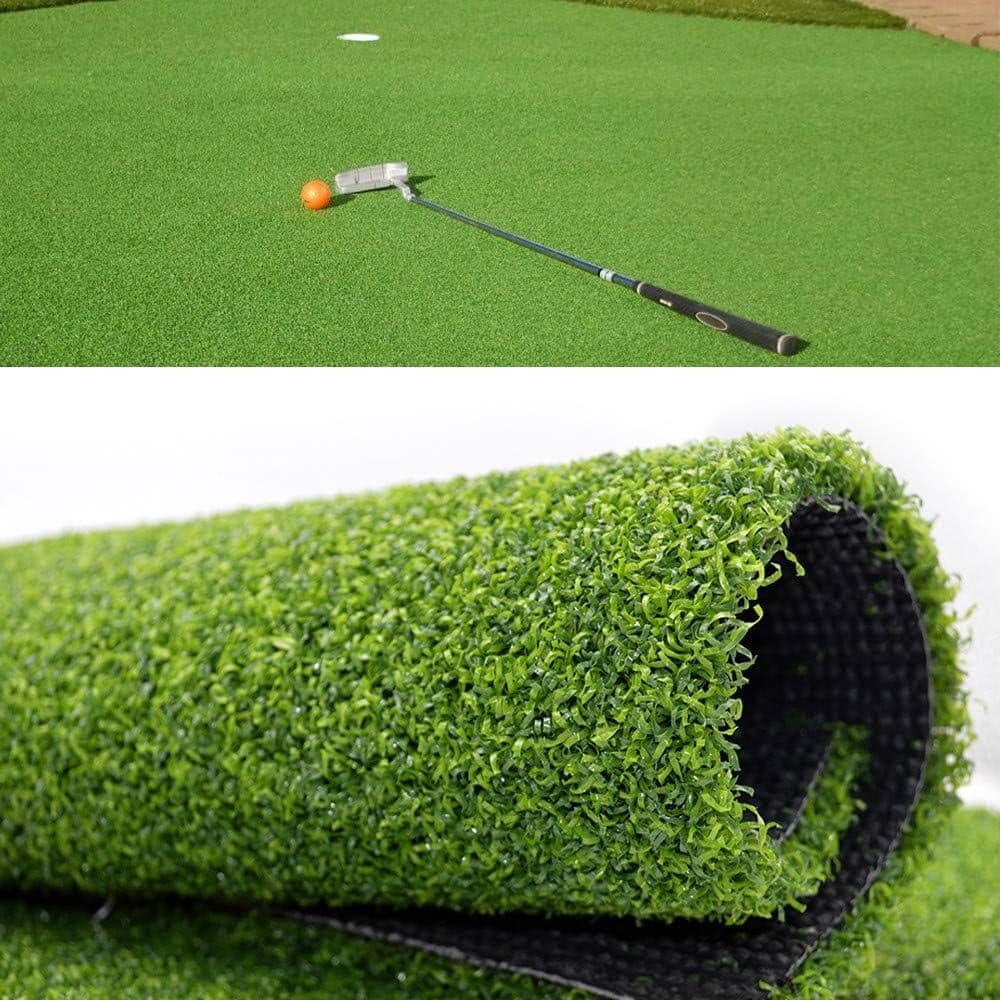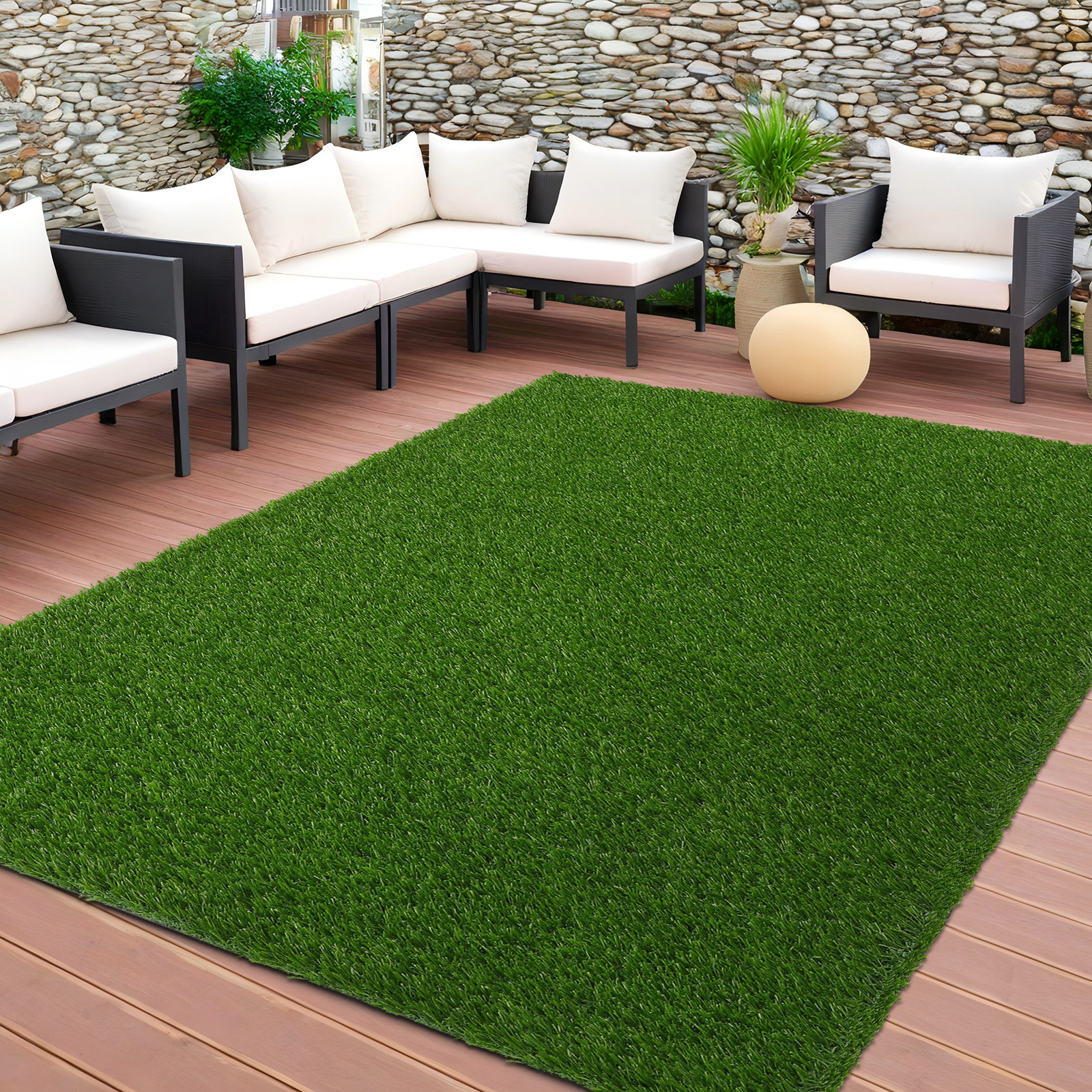Reputable Phoenix Turf Companies Providing Best Synthetic Grass Installation
Reputable Phoenix Turf Companies Providing Best Synthetic Grass Installation
Blog Article
Delve Into the Environmental Conveniences of Opting for Artificial Grass Solutions
The fostering of synthetic grass remedies presents an engaging opportunity to attend to pushing environmental difficulties. By considerably lowering water use and minimizing the application of unsafe chemicals, these options not just promote sustainable landscaping however also safeguard neighborhood environments. Furthermore, the reduced carbon footprint connected with lowered maintenance activities contributes to a more lasting technique to land management. Nonetheless, the effects of these advantages extend past simple conservation initiatives, questioning concerning their long-lasting effect on environment preservation and general ecological balance. Discovering these dimensions reveals a complicated interaction worth taking into consideration.
Water Preservation Conveniences
One of the most considerable benefits of fabricated grass is its capacity to save water. Typical turf yards call for significant watering, especially in areas vulnerable to dry spell or water restrictions. On the other hand, synthetic grass does not need watering, dramatically reducing the overall demand for water resources. This function is specifically useful in deserts where water scarcity is a pressing issue.
By removing the demand for routine watering, synthetic grass contributes to lasting landscape practices and assists mitigate the environmental influence of excessive water intake. The preservation of water prolongs to the decrease of drainage, which can lead to dirt erosion and river air pollution.
Additionally, the installment of synthetic lawn allows municipalities and homeowners to assign water sources a lot more effectively, focusing on vital uses such as alcohol consumption water and agriculture. The shift in the direction of synthetic grass not just advertises liable water use however also straightens with broader ecological objectives focused on maintaining natural deposits.
As communities progressively focus on sustainability, the water preservation advantages of fabricated grass present an engaging instance for its fostering in household and business landscaping tasks.
Lowered Chemical Use
The shift to synthetic grass considerably decreases the reliance on chemical therapies generally made use of in all-natural yard upkeep. Standard grass administration typically includes the application of pesticides, herbicides, and plant foods to advertise growth and control insects. These chemicals can position risks to human health and wellness, local wild animals, and the atmosphere, adding to dirt and water contamination.
In contrast, synthetic grass removes the requirement for these harmful materials. Once installed, it needs minimal upkeep, mostly including routine cleaning and infrequent infill replenishment. This decrease in chemical usage not only profits the immediate setting yet also adds to wider ecological stability. By reducing the launch of synthetic compounds right into the community, synthetic grass promotes much healthier dirt and water supply.
Moreover, the lack of chemical overflow connected with fabricated turf installments assists protect regional rivers from air pollution, sustaining aquatic life and maintaining biodiversity. Artificial turf companies phoenix. As areas increasingly focus on lasting techniques, going with synthetic grass offers a practical service that lines up with ecological conservation objectives. Via this shift, homeowner can take pleasure in lavish green rooms without compromising environmental wellness, paving the method for a much more lasting future
Reduced Carbon Impact

Moreover, the installment of synthetic grass can result in significant water preservation. All-natural lawns call for considerable amounts of water for watering, which not just includes in the carbon impact associated with water extraction and therapy but additionally stress neighborhood water resources. On the other hand, synthetic grass requires minimal maintenance, needing no watering, thereby dramatically decreasing water use and its linked energy prices.
Additionally, the durability of fabricated turf adds to its lower carbon impact. With a lifespan of approximately 15 years or even more, the requirement for frequent replacements is diminished, causing less waste and lower power intake in production and disposing of conventional yard alternatives. Generally, artificial lawn presents a sustainable alternative for eco conscious landscape design.
Habitat Preservation
Habitat preservation is an important consideration in the debate over landscaping choices, specifically when comparing synthetic lawn to all-natural yard. All-natural yard yards frequently need substantial upkeep, consisting of making use of herbicides, plant foods, and pesticides, which can detrimentally influence regional ecological communities. These chemicals can seep into the dirt and waterways, damaging indigenous flora and animals and interrupting local environments.
Fabricated turf gets rid of the requirement for harmful chemicals, thus securing neighboring wildlife and maintaining the stability of bordering ecological communities. The installation of fabricated turf can lead to the conversion of former lawn locations right into even more biodiverse landscapes, such as pollinator yards or indigenous plant locations, which can sustain neighborhood wild animals.
Eventually, the shift to synthetic grass not just preserves water and decreases maintenance initiatives yet additionally cultivates an extra harmonious connection between human tasks and the native environment, advertising habitat preservation while doing so.
Long-Term Sustainability
Long-term sustainability is an important consider assessing the advantages of synthetic grass over typical yard yards. One of the most considerable advantages of synthetic grass is its longevity; it can last approximately 15-20 years with marginal maintenance, whereas natural grass calls for frequent reseeding and substitute. This durability reduces the demand for continuous sources, such as water, plant foods, and pesticides, which are crucial for preserving a visit this website healthy turf lawn.
In addition, synthetic grass adds to a reduction in carbon exhausts connected with lawn treatment equipment. Typical grass typically require gas-powered lawn mowers, leaners, and blowers, all of which add to air contamination. Arizona turf. In comparison, man-made grass gets rid of the requirement for such tools, promoting a cleaner atmosphere
Furthermore, the production of synthetic turf increasingly uses recycled products, improving its sustainability account. As manufacturers embrace green methods, the ecological impact of artificial turf continues to lessen.

Final Thought
The fostering of synthetic grass solutions provides substantial ecological benefits, consisting of significant water preservation, lowered dependence on hazardous chemicals, and a lower carbon footprint. Man-made grass help in protecting natural habitats by reducing land disturbance and advertising long-lasting sustainability via the usage of sturdy products. Jointly, these aspects highlight the possibility of man-made lawn to contribute positively to environmental health and use a sensible alternative to standard landscape design methods in a significantly resource-conscious globe.
In comparison, man-made turf does not require watering, substantially minimizing the overall need for water sources. By decreasing the release of artificial compounds right into the environment, synthetic turf advertises healthier dirt and water systems.
Additionally, the installment of man-made turf can result in significant More Help water conservation. In comparison, synthetic lawn needs marginal maintenance, calling for no watering, thus significantly minimizing water usage and its connected power prices.

Report this page